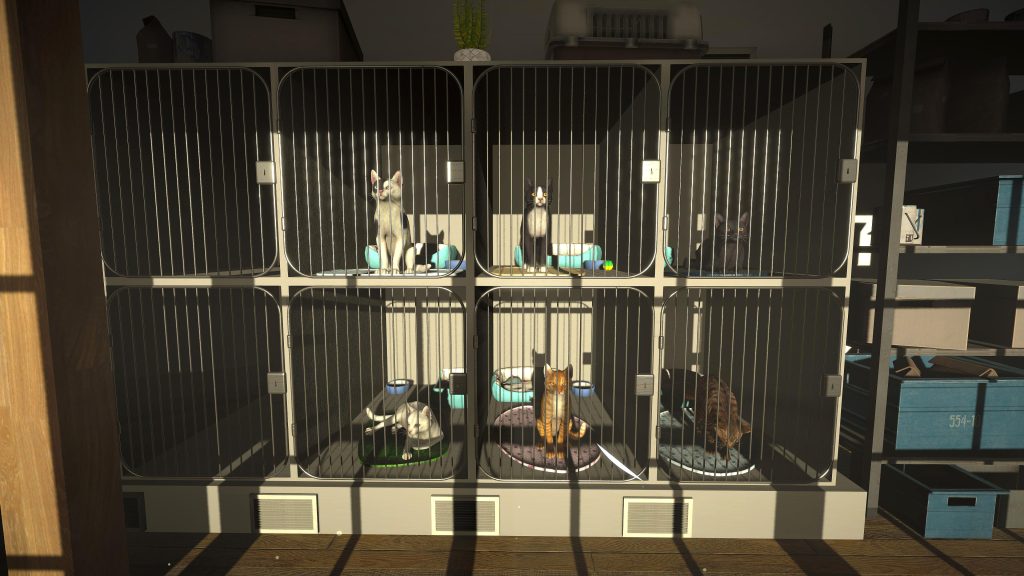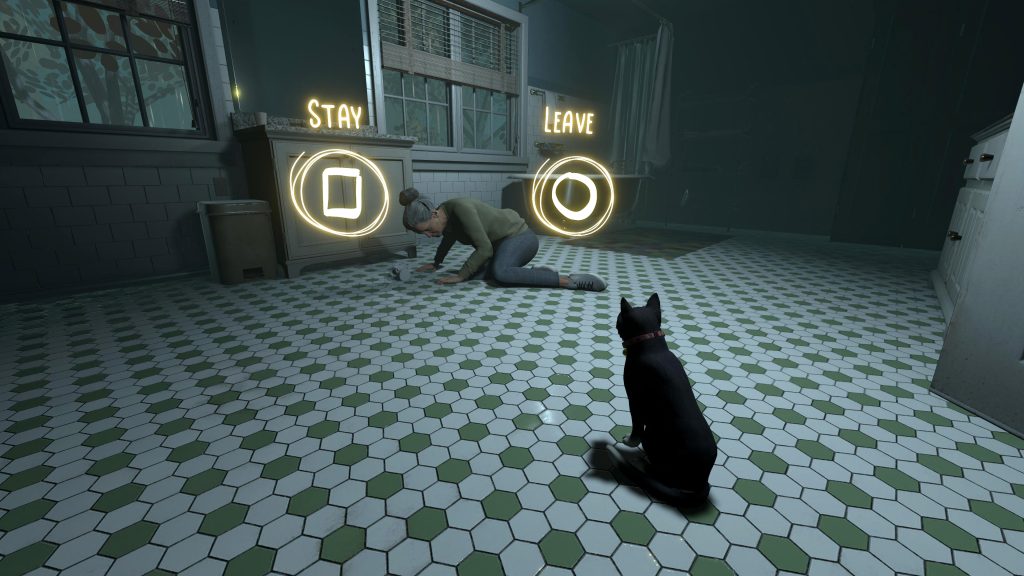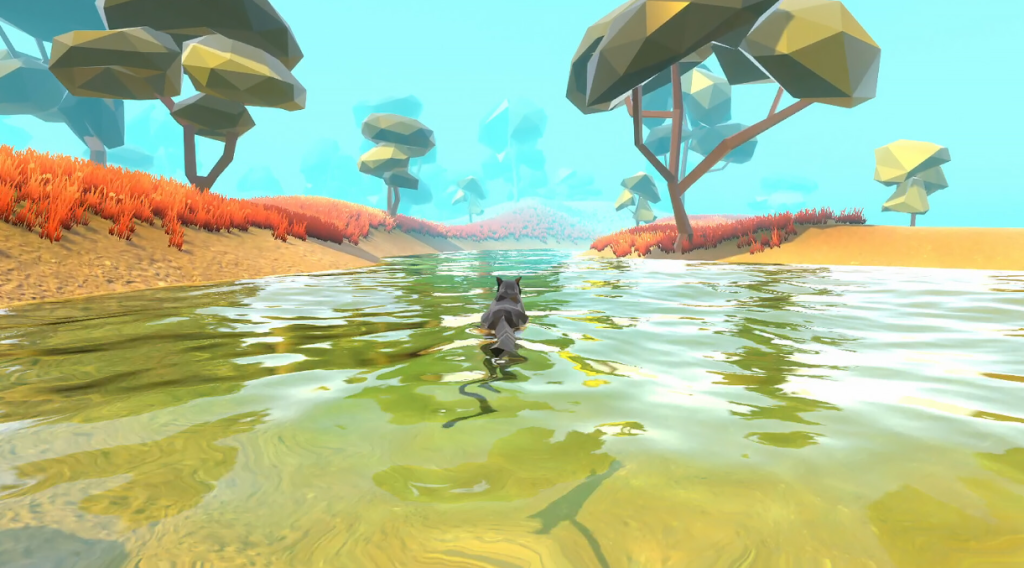From the very first moments of Copycat, I found myself drawn into a world that is both vibrant and quietly somber a contradiction that perfectly mirrors the emotional complexity at the heart of this indie narrative adventure. The game doesn’t shy away from sensitive subjects like family trauma, abandonment, and the pain of letting go. Instead, it invites players to sit with these feelings, to experience them through the eyes of a creature whose world is often overlooked: a shelter cat named Dawn.
Playing as Dawn, I was immediately struck by how the game’s perspective almost always from the vantage point of a cat shapes every interaction. Whether prowling along alleyways, perched on a windowsill, or curled up in a patch of sunlight, the world feels intimate and constrained, as if seen through feline eyes. Occasionally, the camera shifts to first-person, making the experience even more immersive. Yet, I also noticed that my freedom was often restricted to the specific boundaries of each story chapter. This design choice, while sometimes limiting, kept me focused on the unfolding narrative and the emotional beats that define Dawn’s journey.

The story begins with Dawn, a skeptical and fiercely independent cat who sees herself as a wild spirit, not meant for the confines of human homes. Her skepticism is challenged when she meets Olive, an older Australian woman mourning the loss of her previous pet. Their relationship develops slowly and tenderly, each scene revealing the ways two broken souls can heal one another. The game’s fully voiced dialogue adds a layer of authenticity, making the bond between Dawn and Olive feel real and deeply affecting.
Visually, Copycat is a mixed bag. The colorful art style brings warmth and charm to the environments, but I found the graphics to be somewhat inconsistent at times subpar, especially when compared to other narrative-driven indies. Still, the artistic choices serve the story well, especially in moments of emotional intensity, where the visuals and music come together to create a powerful atmosphere.
The pacing of Copycat is reflective and deliberate, encouraging players to linger in each moment and absorb the emotional weight of the story. This isn’t a game about fast reflexes or complex mechanics; it’s a linear narrative with minimal choices, designed to guide you through a carefully crafted emotional arc. While some may find the lack of interactivity limiting, I appreciated the focus on storytelling and character development.

What truly sets Copycat apart is its willingness to explore difficult themes from the perspective of a pet. The game doesn’t sugarcoat the harsh realities faced by many animals or, by extension, many people. There are moments that are genuinely heartbreaking, reminding me that the struggles of belonging and abandonment are universal. I couldn’t help but draw parallels between Dawn’s journey and the human experience of searching for home and connection.
The soundtrack, composed by Daniel Bunting, deserves special mention. It’s both haunting and uplifting, perfectly underscoring the game’s emotional highs and lows. The music often lingered with me long after I put down the controller, a testament to its impact.
As the story unfolds, everything changes when Olive falls ill and a stray “copycat” takes Dawn’s place in the home. Forced onto the streets, Dawn’s journey becomes one of survival and self-discovery. The narrative doesn’t flinch from the realities of loss and displacement, but it also offers moments of hope and redemption.
Copycat is not a game for everyone. Its slow pacing, linear structure, and emotional intensity may not appeal to those looking for action or deep gameplay systems. But for players willing to engage with its story, it offers a moving exploration of love, loss, and the meaning of family.

On a personal note, I found Copycat to be one of the most emotionally charged games I’ve played in recent years. The decision to tell the story from a cat’s perspective is inspired, allowing for a fresh take on familiar themes. While I was sometimes frustrated by the limited freedom and uneven graphics, these issues were outweighed by the strength of the narrative and the authenticity of the characters. The game’s ability to evoke empathy for both its feline protagonist and the humans she encounters is its greatest achievement.
Copycat reminded me that games can be powerful vehicles for storytelling, capable of touching on the deepest parts of our humanity through the eyes of another. It’s a bittersweet experience, one that lingers long after the credits roll. If you’re willing to open your heart to its story, Copycat is a journey well worth taking.